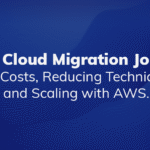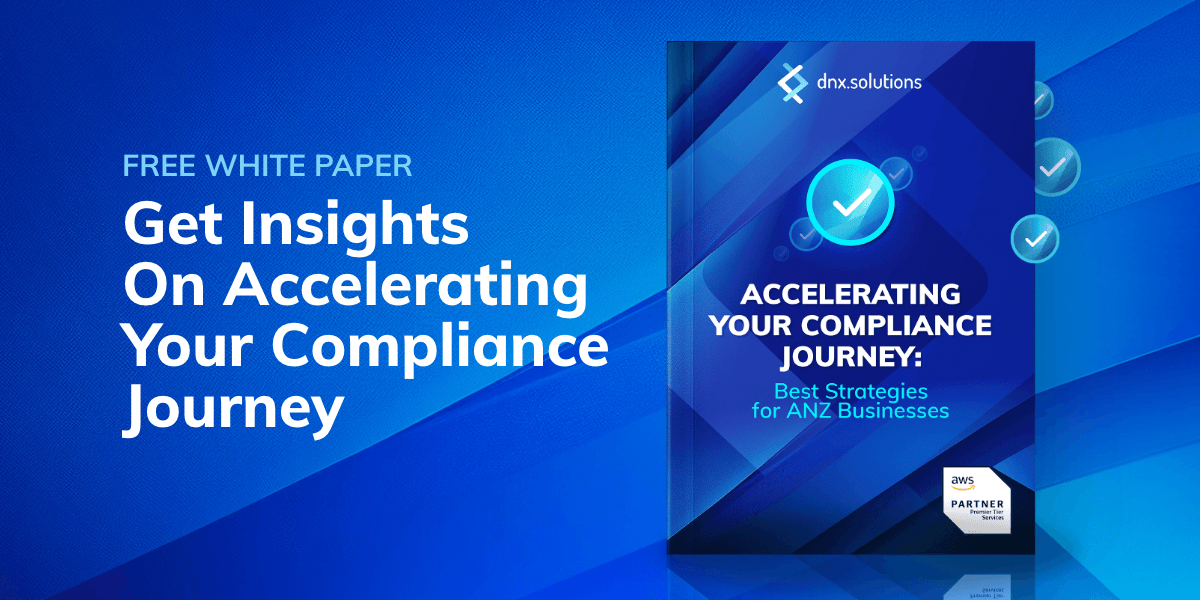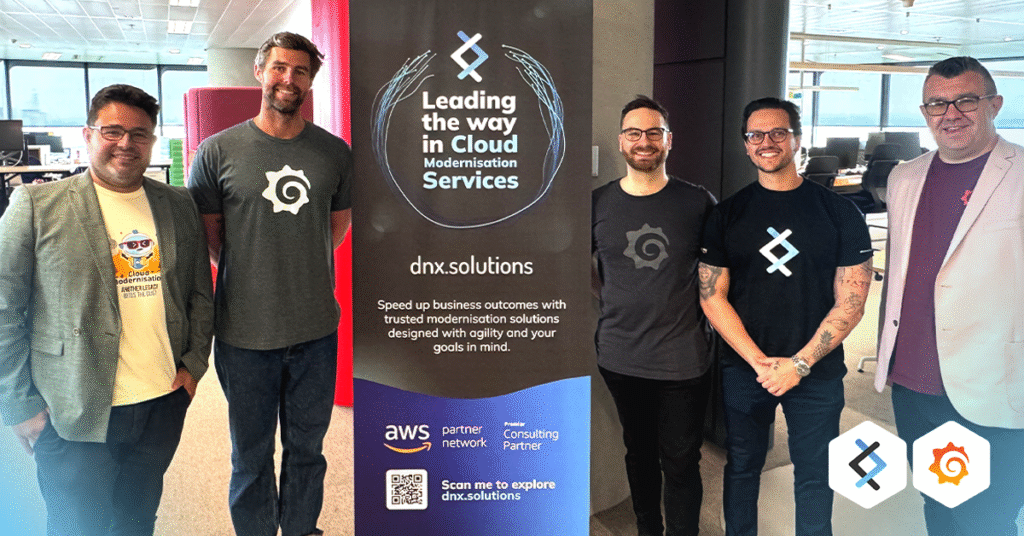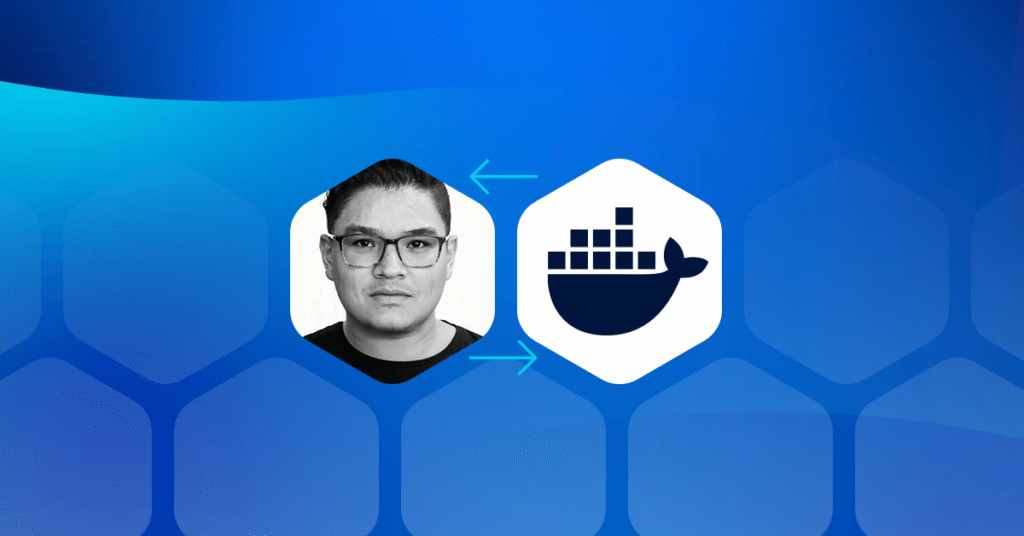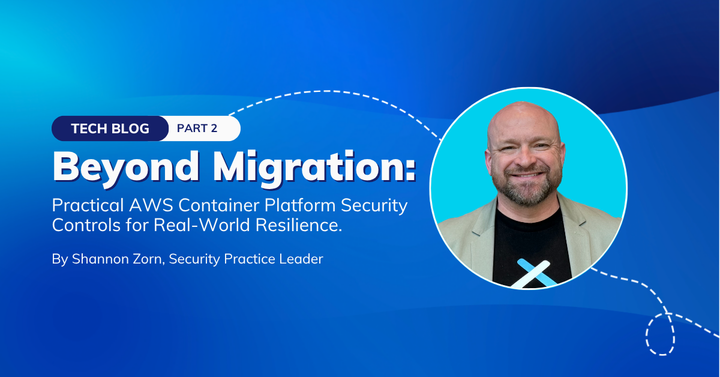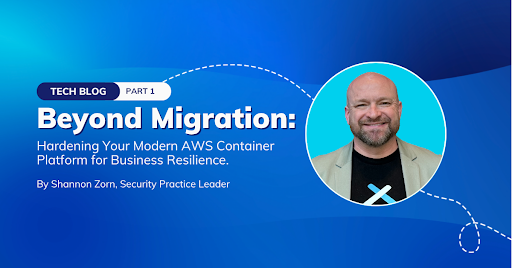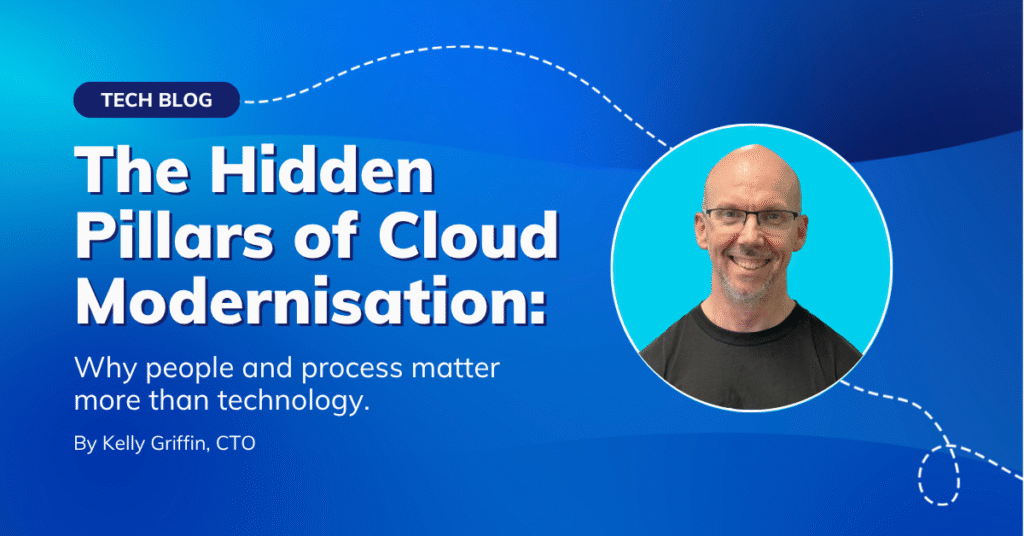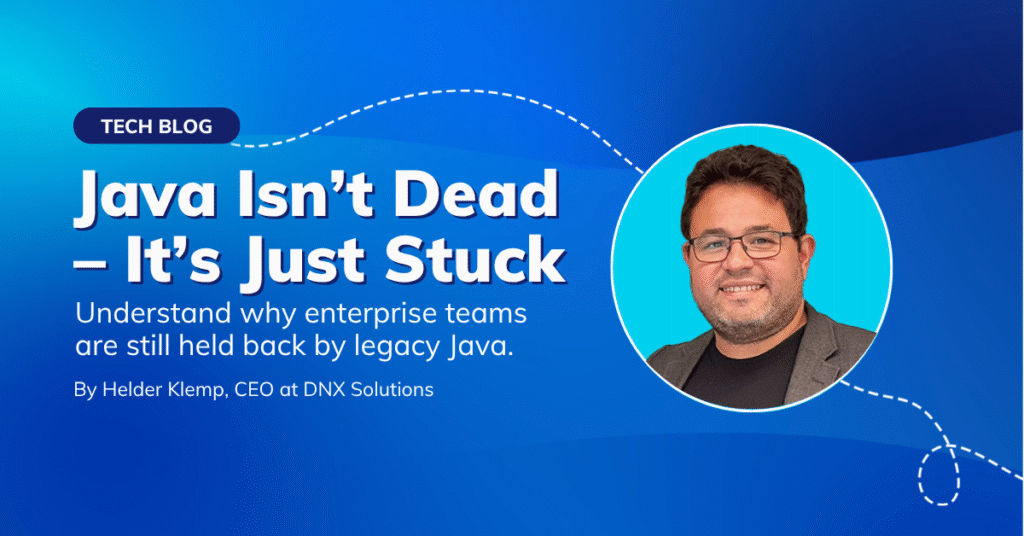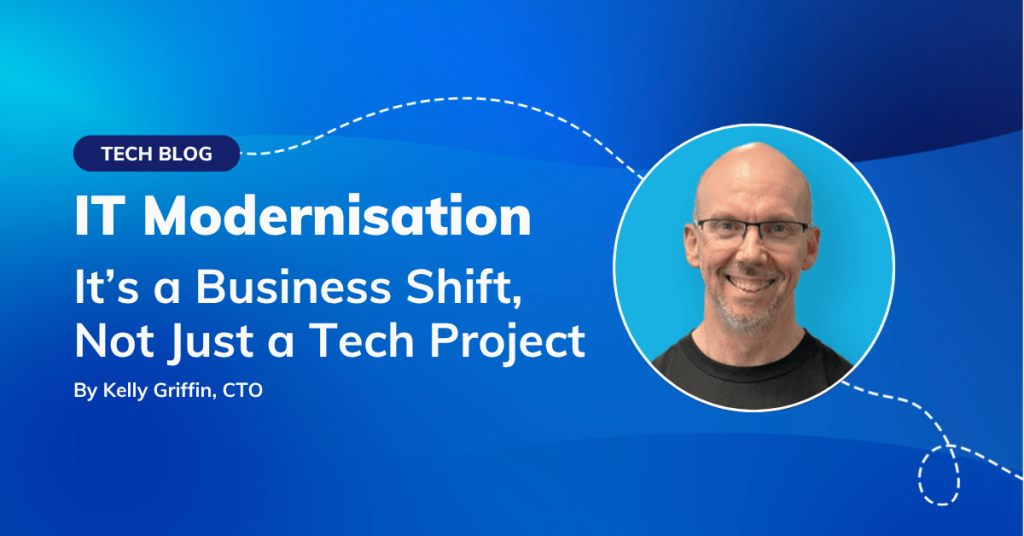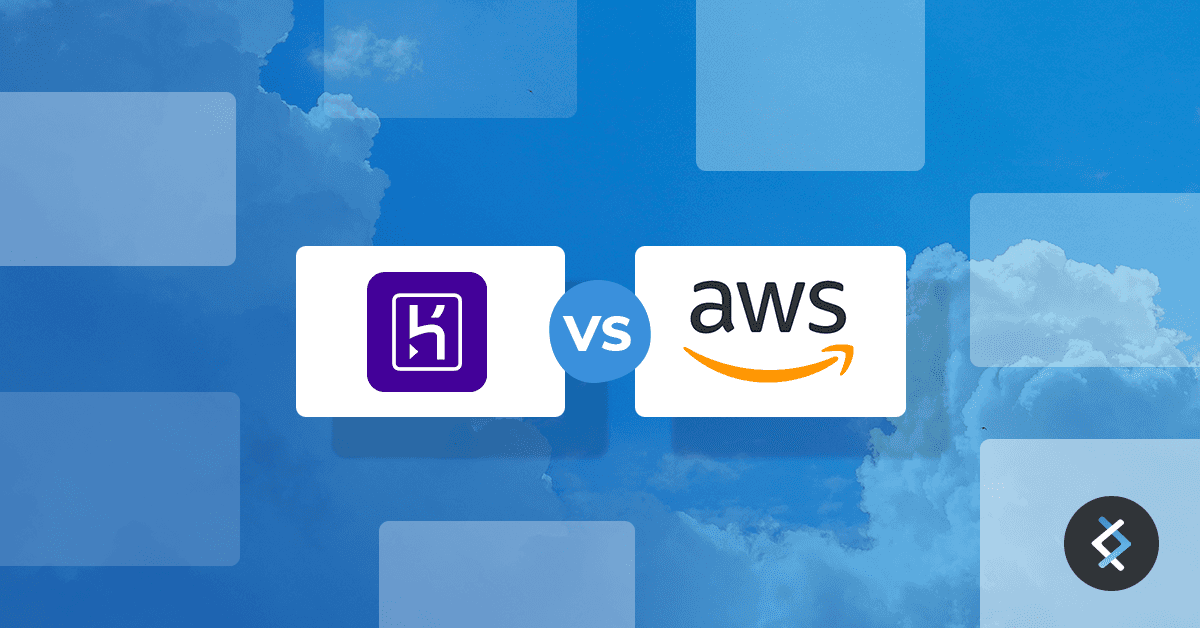
If you’re a startup, you have probably heard about Heroku.
Heroku, founded in 2007, is a cloud programming platform designed to help build and deploy online applications. Heroku presents a simple cloud option for newly established startups that allows them to focus intensely on the features and benefits of the product they are building. There are customer needs to meet and gaps in the market to fill, not to mention investors and stakeholders to satisfy. In this respect, the product or application itself receives all the attention the team has, and the infrastructure that supports it is often overlooked. Heroku’s popularity has always hinged on its simplicity, elegance, and usability, centred on a smooth developer experience and increasing ease of deployment.
There’s no denying that Heroku offers an enviable user experience, but as your business grows and you begin to think about scaling up, you’d be remiss to ignore the possibility that a different cloud platform, such as AWS, could better suit your needs. As your business requirements and objectives change, the infrastructure used can either restrict or liberate the day-to-day functioning of your company. With your application well-developed and seeing some success in the market, the time has come to ask yourself: Is Heroku still the best cloud platform for your business?
Heroku serves startups well for all the reasons discussed above. But when you’re scaling up, migrating to AWS is a game-changer, with more cost flexibility, scaling capacities, storage options and increased security. And for those entrepreneurs yet to launch their startup, choosing AWS from the get-go is a choice you’ll be grateful for in the not-so-distant future. So, what are the real differences between Heroku and AWS? Read on to find out.
Cost and Pricing
Heroku uses lightweight Linux containers (Dynos) to run the application process, and charges based on the number and size of Dynos used. A newly deployed app can generally be supported by a single Dyno, but as your application grows and receives more traffic, more dynos are required. The costs vary significantly depending on configuration, but some examples are: The Dyno standard-2x plan with 1 GB RAM runs about US$50 per month. The Dyno performance-L with 14 GB RAM costs about US$500 per month. The free tiers of Heroku Dynos, Heroku Postgres and Heroku Data for Redis will be phased out in November 2022. Startups often choose Heroku because of low initial costs, but as you gradually require more Dynos to keep your app running, Heroku costs start to spiral. This is why many businesses that are expanding in size quickly outgrow the platform and find AWS to be a more economical option for the future.
AWS uses a pay-as-you-go model. This allows a high degree of flexibility, especially in times of growth and transition. A pricing calculator is available to assist businesses in estimating the pricing of various components and solutions. Prices vary greatly depending on configuration, but an indication can be gleaned from the following example: An EC2 a1.medium instance with 1 vCPU and 2 GiB of memory costs about US$0.0255 on-demand hourly or approximately US$18 per month. A t3.2xlarge instance with 8 vCPUs and 32 Gib of memory runs about US$243 per month.
Scalability and Availability
The support provided by Heroku and AWS reflect the natural development of a business, in that whilst the early stages are well supported by Heroku, the later stages have greater demands and need increased support which can be offered by AWS.
Heroku does not have the capacity to support complex applications like Microservices. It is not suitable for complex projects requiring an abundance of cloud resources, and it largely inhibits the scaling of your team’s needs.
AWS, on the other hand, can easily support Microservices and other complex applications, as well as solutions requiring higher orchestration and maintenance. Through Amazon Computing Services, AWS can run high-load applications that need immense computing power and enables businesses to scale up or down in response to demand, reducing the need to forecast traffic. Fast deployments, auto-scaling, and other automated functions such as configuration, provide businesses with the flexibility they need to succeed.
Storage and Database Options
Heroku sets up data storage based on your application’s needs when you first start using the platform, with the standard options being PostgreSQL and Redis.
AWS has a more flexible approach to data storage and the AWS ecosystem eliminates the need to rely on third-party add-ons that could be discontinued by vendors at any time. AWS has solutions designed to accommodate whatever data store you decide to use, inclusive of the canonical open source database systems you would use if you were hosting apps in a private on-premises data centre.
For businesses seeking simple storage options and those requiring full-featured and flexible setups to meet complex data storage and retrieval needs, AWS, with its multiple, highly flexible options, is superior in this regard.
Security, Privacy, and Compliance
Heroku has validated compliance built into the majority of the stack, allowing for delivery of strong controls over data and privacy. Regular audits for PCI, HIPAA, ISO, and SOC1, SOC2 and SOC3 are performed, however different products and tiers offer differing levels of compliance. Robust security controls are offered at every layer, from physical to application, customer apps and data are isolated, and authentication and encrypted connections lead to a high level of security and data protection. To reach an adequate level of security on Heroku, however, substantial financial investments must be made by those using the platform.
AWS ensures high-level security and protection with strong security controls embedded in the platform, as well as developer access to a range of powerful tools, features and capabilities. Furthermore, AWS holds third-party validations for thousands of global compliance requirements and has encryption at rest and in motion in place across facilities and geographies. For added peace of mind, an expert team at AWS continually monitors the platform and rapidly responds to issues as they arise. A wide range of additional protections, from identity and access controls to host and endpoint security, are available on AWS Marketplace, allowing you to customise your cloud security in a way that best suits your business.
Overview of main differences between AWS and Heroku
| Parameters | Heroku | AWS |
| Owner | Salesforce.com | Amazon.com |
| Hosted on | Amazon’s data centers | Proprietary servers laaS |
| Type of Service | PaaS | IaaS, PaaS, SaaS |
| Languages | Node.js, Java, Ruby, PHP, Python, Go, Scala, Clojure | There are no language restrictions |
| Geographic Regions | Europe, USA, Australia, Japan, etc. | North America, South America, Europe, Asia-Pacific, China, etc. |
| Features | Fully flexible runtime environment with smart containers (dynos) system. Allows manual horizontal and vertical scaling Allows you to roll back your database or code in no time. App monitoring system to keep track of metrics, like response time, throughput, memory, etc. |
Multiple deployment options and the ability to roll back to the previous version A quick restart of all app servers by using a single command Automatic scaling of web apps based on their specific needs and defined conditions. |
| Complexity | Its software is sometimes too simple, even for professional developers | Suitable for sophisticated products built by professionals. Not easy for beginners |
| Built-in Tools for Management and Monitoring | Heroku Command Line Heroku Application Metrics Heroku Connect Heroku Status |
AWS Management Console AWS Command Line Interface (AWS CLI). |
| Rapid deployment | Its software is sometimes too simple, even for professional developers | The deployment process of AWS service is quite hard. |
| Need DevOps Engineer | Not at all | Must |
So which platform should you choose when you’re scaling up?
AWS offers a wide range of computing, database management, and maintenance tools resulting in improved efficiency, security, and scalability for businesses of all sizes. Future-focussed startups that break free from the restrictions placed upon them by Heroku can realise their plans to grow and succeed by embracing a universe of possibilities made available by AWS.
Are you ready to make the switch and enjoy the benefits of AWS from day one? Contact DNX Solutions, your go-to cloud migration partner, to get the process started. DNX performs smooth cloud-to-cloud migrations through a three-phase approach using Agile methodology, ensuring you get the most out of the cloud today, and in the future.
Contact a DNX expert to book a free 15-minute consultation and explore your possibilities for Cloud Migration


